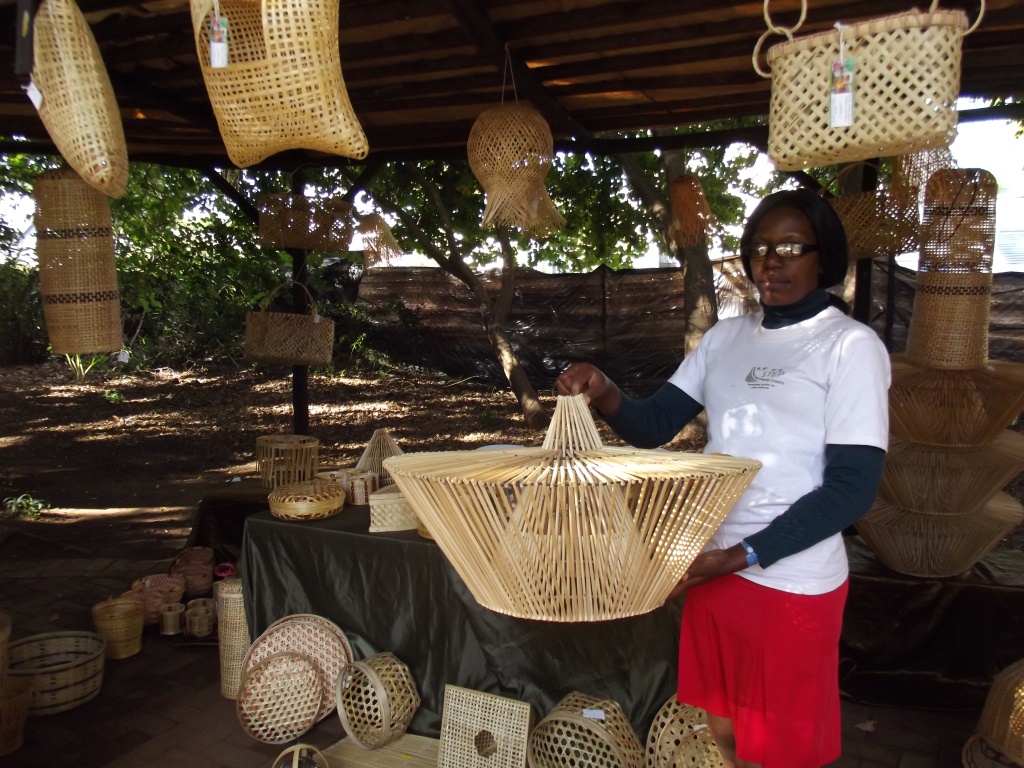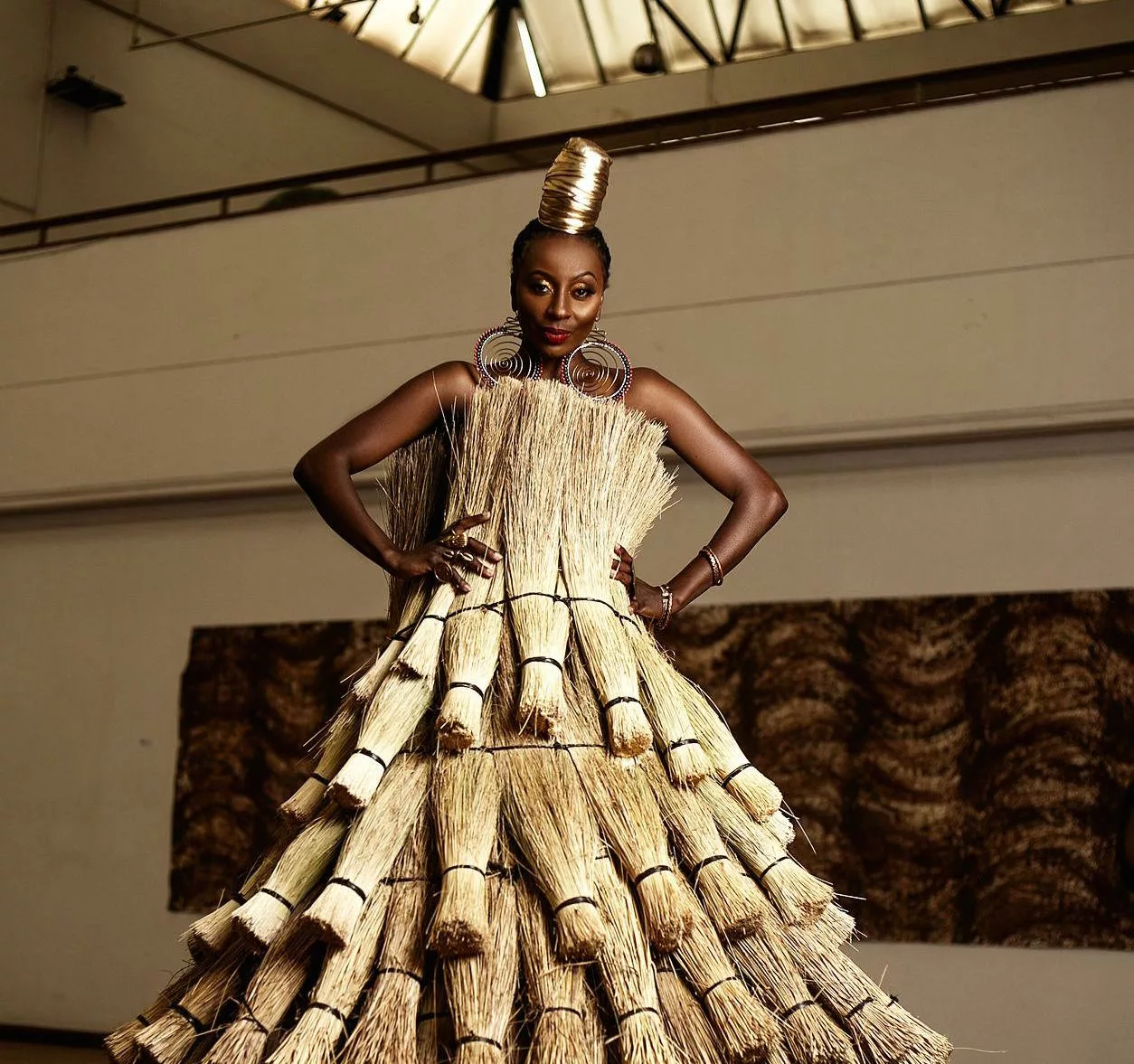By Kundai Marunya
Stakeholders in the art and craft sector have reinforced the importance of education as a prerequisite of development if the nation wants to benefit from craft work.
In an informative discussion during the Basket Trade Policy Dialogue Conference held at Rainbow Towers Hotel, stakeholders representing different groups including crafters, civic society, art marketers and advocate groups, among others submitted contributions as to why arts education is vital.
Speaking at the conference organized by Step Zimbabwe in partnership with the EUNIC Cluster, Zimbabwe Germany Society (ZGS), British Council and Alliance Francaise, National Gallery of Zimbabwe (NGZ) chief curator Raphael Chikukwa said the current education curriculum does not accommodate art education.
“We have inherited a rigid way of education that does not reflect on what we are as a nation. Art and culture curriculum should be as much part of our education as any other subject that is given prominence and importance,” said Chikukwa.
“It’s really sad that some of us have to go to Europe to get decent arts education.”
Chikukwa said there is urgent need to redress the educational curriculum and setting up of tertiary institutions that focus on craft.
Echoeing the same sentiments, ZGS director, Taremeredzwa Chirewa said, “We should start educating our children while they are young, incorporating art education in primary and secondary school curriculum so that they grow with an appreciation of art.”
In her presentation, NGZ director Doreen Sibanda said traditional art and craft makers usually base their knowledge on education passed on from generation to generation.
“Traditional artists design for markets they don’t understand, for people in places they have never been to. We need education on understanding market and their demands,” she said.
“We need to educate them on new technologies and innovations so as to meet the market demand.”
Environmentalist present at the conference, Precious Magwaza representing EMA said there is need of education on conservation of resources when harvesting raw materials.
“Over exploitation of natural resources can create ecosystem imbalances, distabilising our value chain so we to educate our crafters that though they own the natural resources, they need to conserve them.”
Meanwhile, representing African Regional Intellectual Property Organisation (ARIPO) Flora Mpanju said crafters need to patent their products.
“You need to register your Intellectual Property (IP) so that your creative design styles and ideas cannot be used or reproduced without your approval or benefit,” said Mpanju.
“This can be done as a group or community.”
The conference was aimed at contributing towards sustainable development of the creative industry in Zimbabwe by establishing links to European and regional markets.
It was designed to build and further the capacity of weaving communities to interact independently with market players.
The conference will also seeked to increase awareness among basket craft traders on the policy and institutional frameworks that govern basket trade, to increase understanding on other relevant provisions that enhance market competitiveness related to socio-economic gains and to contribute a voice towards a broader Arts and Culture Policy Dialogue that is currently being crafted by the government.
Topics discussed include the economic value of crafts, craft-based cultural tourism, impacts of art and crafts development on the environment, sustainable utilisation of the natural resources in Zimbabwe, defining intellectual property and patent, access to genetic resources, and the benefits sharing of genetic resources, among others.






